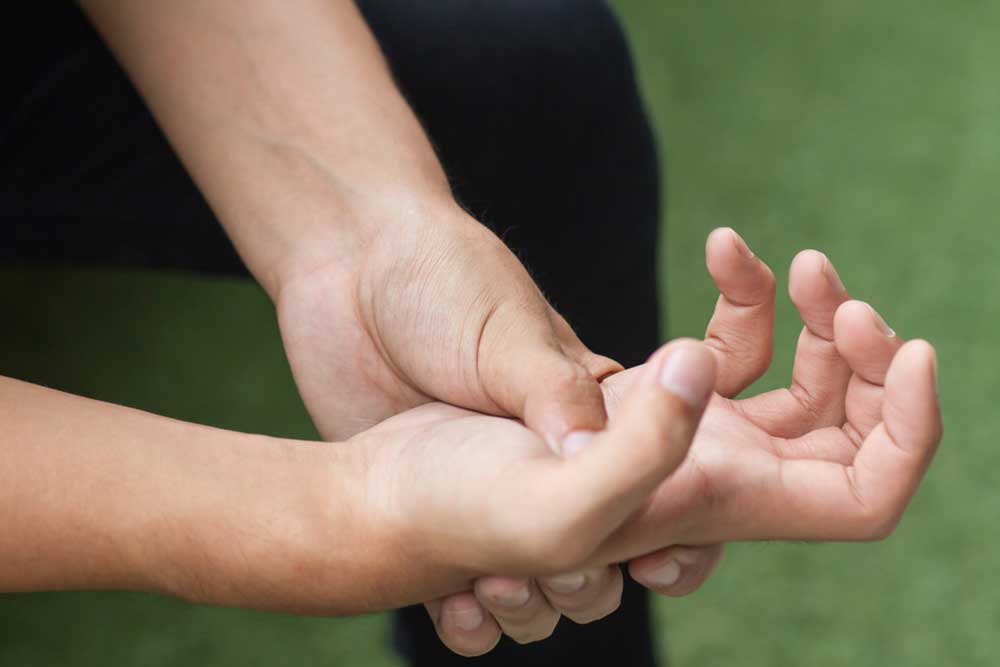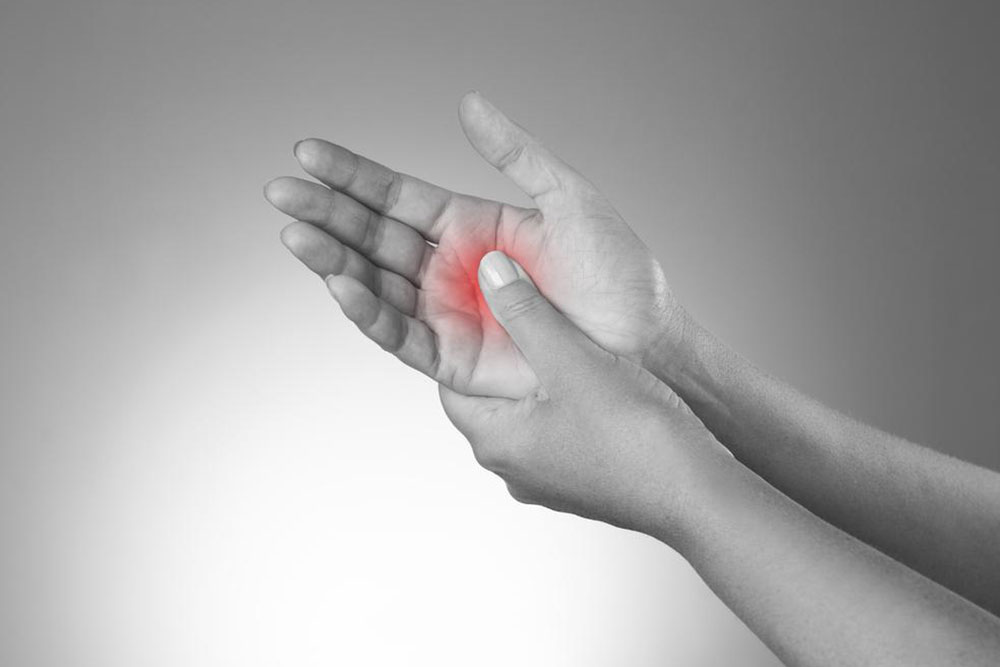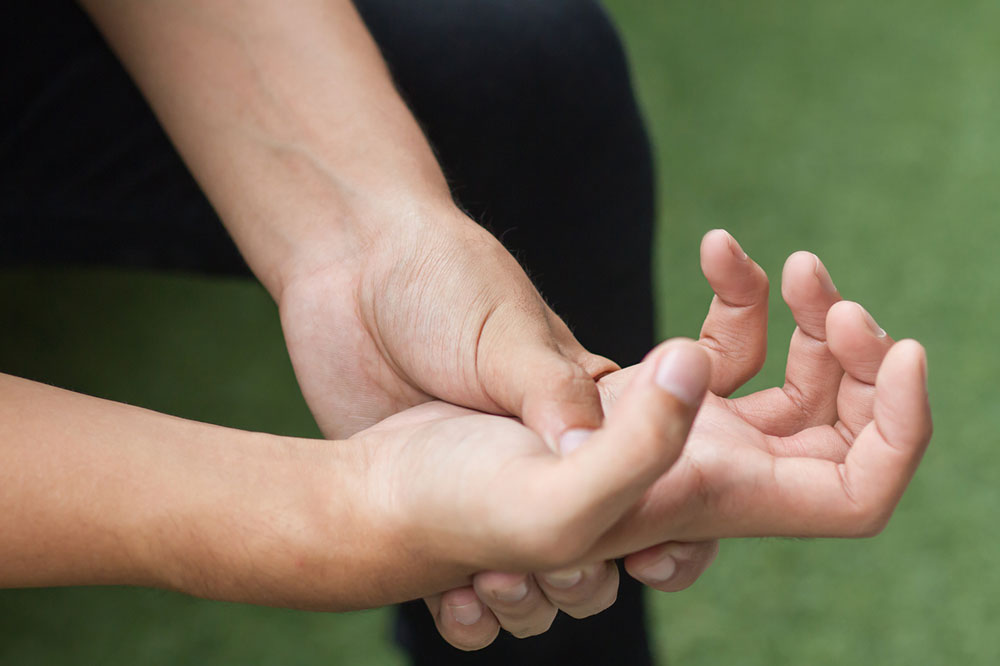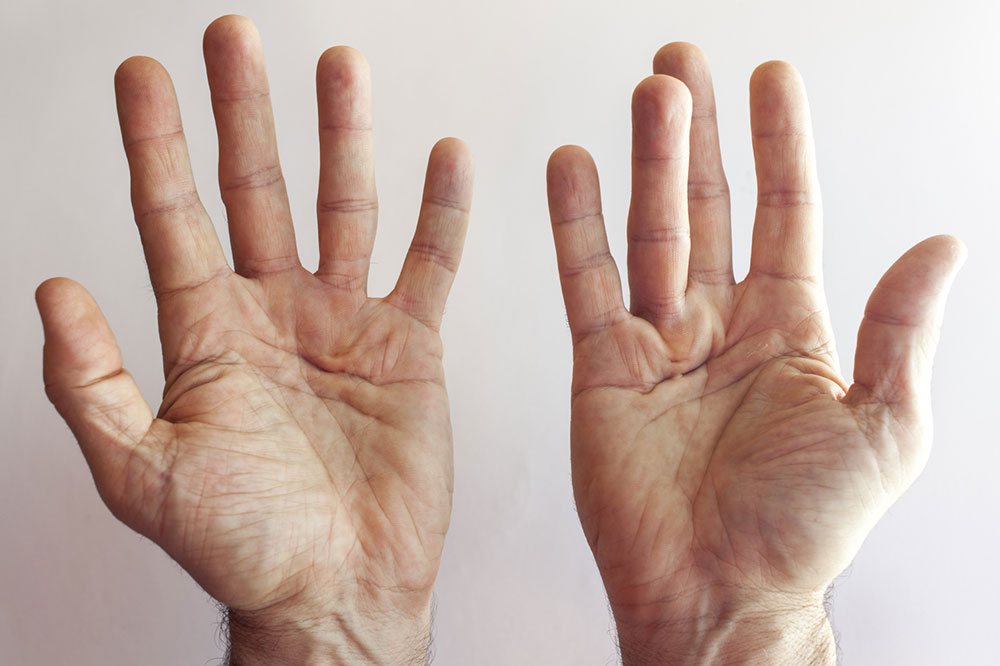An Overview of Dupuytren’s Disease
Dupuytren’s disease is a deformity in which the fibrous tissue beneath the palm and fingers, known as fascia thickens and tightens especially at old age. Here the patient develops knots under the skin which forms a thick cord and brings the finger inward. The patient is unable to straighten it, and the resulting condition is known as “Dupuytren’s contracture.” It interferes with the functioning of the hand and the person suffering from it faces difficulty in performing daily activities.

Symptoms of Dupuytren’s disease
The primary sign of Dupuytren’s disease is shortening of palmar fascia or palmar aponeurosis tissue. The symptoms develop gradually and in the beginning, the patients feel a tender lump under the skin. Eventually tough bands of tissue form below the epidermis which makes it difficult to stretch the fingers. The patient shows the presence of unusual dimples or lumps which looks like a small callus. In 50 percent of the cases, both hands get affected, and there are also reports of “Dupuytren’s contracture” in the toes of certain individuals.
Cause of Dupuytren’s disease
The exact cause of Dupuytren’s disease is still not known in the medical world. However, studies point to a connection between open wound (including surgery) in hand with the development of this disease.
Risk factors
There are certain conditions which increase the chance of developing Dupuytren’s contracture. These include the following.
- You are a male aged above 40 years.
- You have a northern European (English, Irish, or Scottish) or Scandinavian (Swedish, Norwegian, and Finnish) ancestry.
- You have a family history of Dupuytren’s disease.
- You have diabetes or had a seizure.
- You are an alcoholic.
Diagnosis
The doctor diagnoses Dupuytren’s contracture after physically examining the hand. If he notices the presence of dimples, thickened skin, bent finger, or pitted marks, then he may advise you to perform the “tabletop test.” Here the patient places his hand flatly over the table top. If the finger bent on the table, then the doctor suspects the Dupuytren’s disease.
Treatment
At present, there is no permanent cure for Dupuytren’s disease. However, there are surgical and non-surgical treatments available to improve the motility of fingers. In most of the cases, therapy helps to remove the cords from the fingers. Doctors may recommend needle aponeurotomy, enzymatic injections, or surgical removal of knots to improve the condition.
Dupuytren’s disease poses a problem for aged people in performing their life activities. If the disease progresses slowly, and do not cause any pain, the doctor may advise you home remedies like swearing gloves and stretching exercises to manage it.




